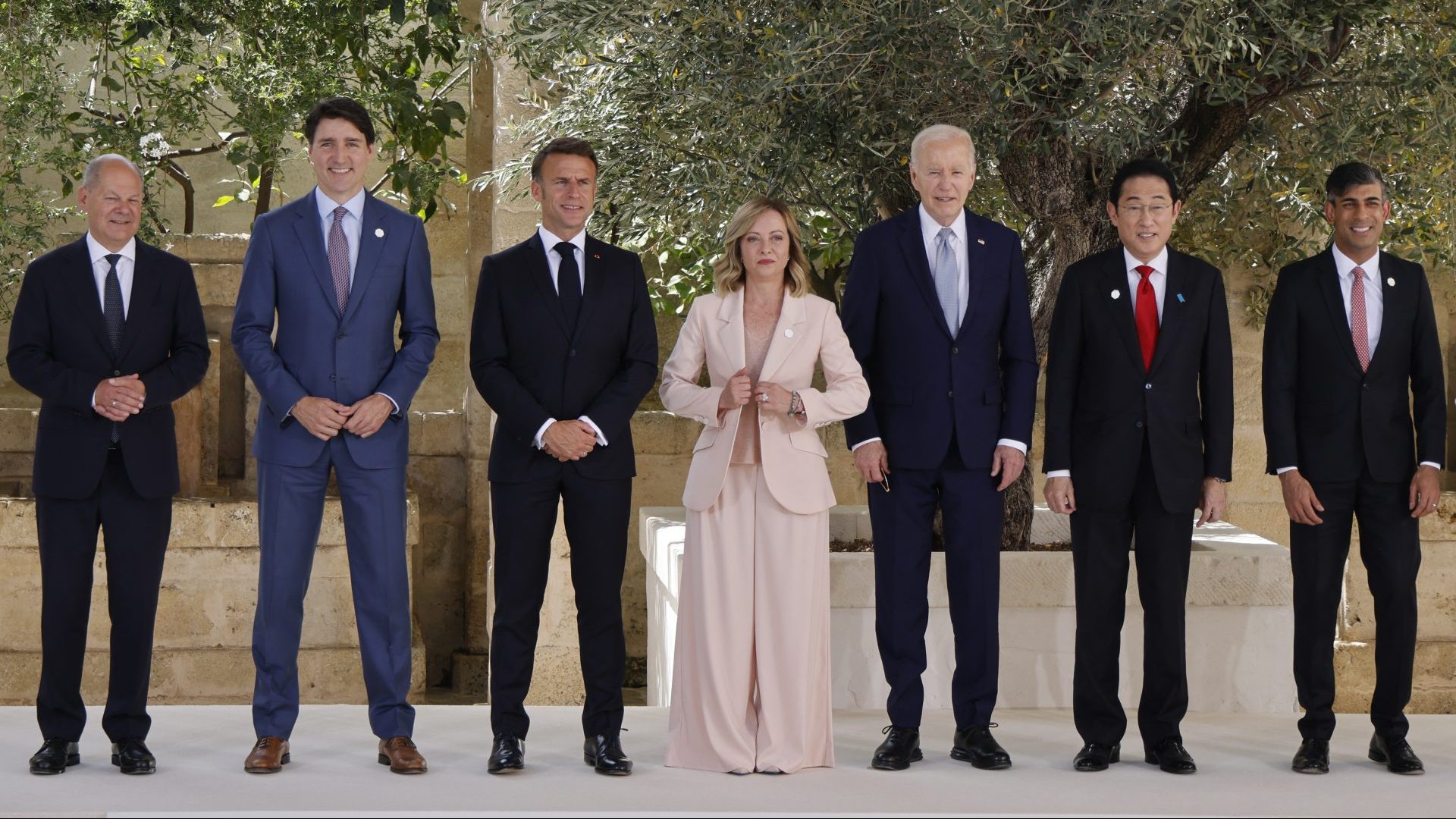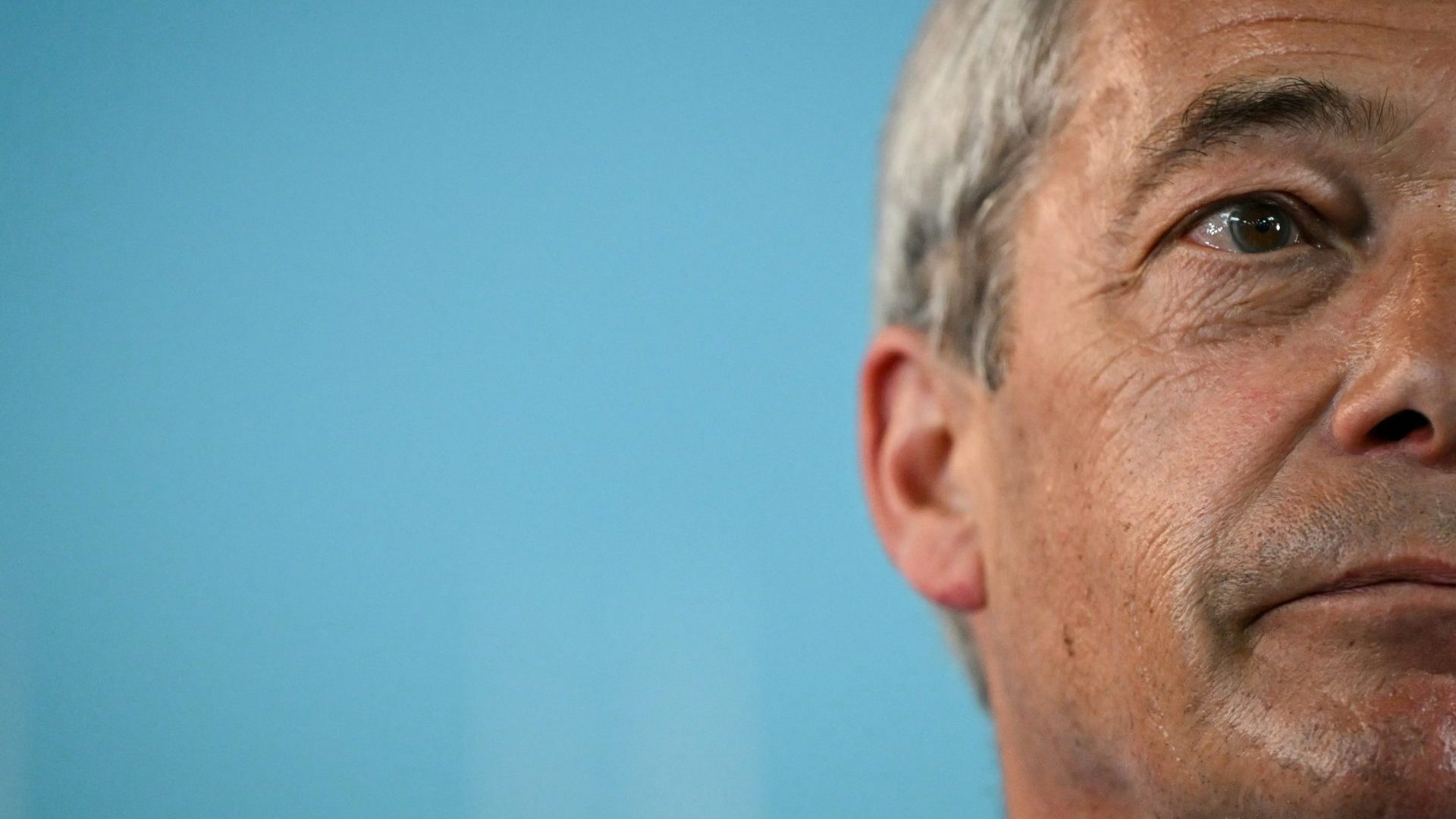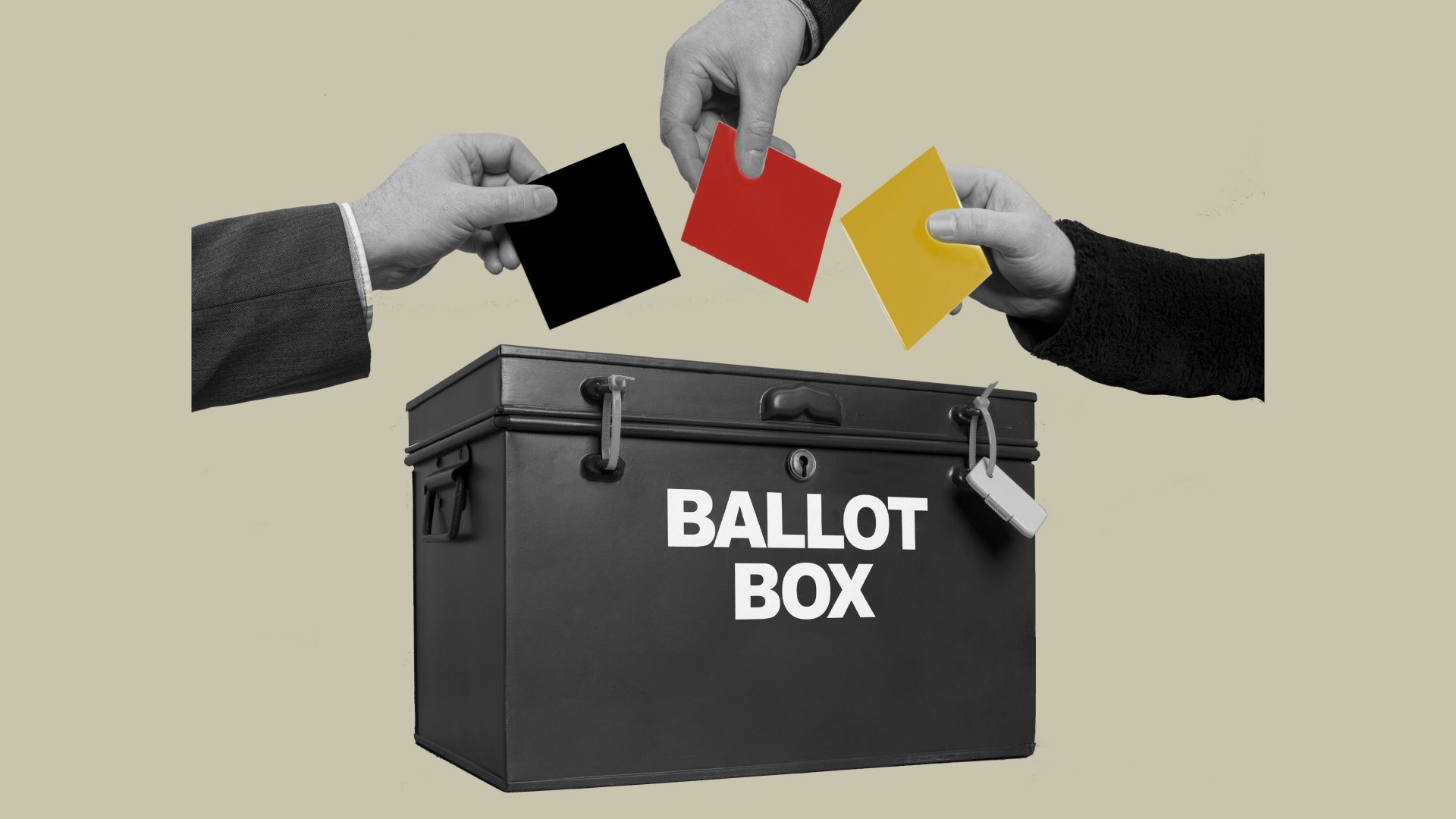At its summit in Apulia, the G7 committed to raise a $50bn loan for Ukraine, backed by the interest payments generated by $325bn of Russian assets frozen in the west. That’s welcome news for Kyiv – because the $60bn released after a wrangle in the US Congress will last until around April next year. But it’s not enough.
The EU has resisted seizing the whole frozen asset pile to fund Ukraine’s war effort, arguing it will undermine the rules-based global system we are trying to defend. But in truth, even the $325bn is not enough.
Because in the Russia-Ukraine war, geopolitical willpower is the currency in shortest supply.
Donald Trump’s advisers are pushing openly to divert American military and financial resources into a confrontation with China. The German chancellor, Olaf Scholz, is refusing to release long-range Taurus missiles to Ukraine.
And in France, Marine Le Pen’s Rassemblement National, which only repaid a €6m Russian loan last September, is on the verge of a major advance in the Assembly elections, and could even form the government.
By November we could be looking at a nightmare scenario: a Trump presidency, leading to an abrupt U-turn in US support for Ukraine; plus French paralysis, on top of long-standing reticence among other Nato powers like Hungary and Turkey.
It’s not hard to see how Ukraine loses: the money runs out and it is forced to accept the “peace deal” reiterated last week by Vladimir Putin: accept the annexation of Crimea and four Ukrainian provinces, rule out joining Nato and lift all sanctions on Russia.
But it’s also easy to see how Ukraine could win. Experts believe Russia’s ammunition stockpiles will be exhausted by mid-2025, and though it has mobilised its industrial base, it is facing critical shortages of the hi-tech machinery needed to reproduce tanks and artillery at scale.
If the G7, EU and Nato powers were to mobilise just a fraction of their own economic might around helping Ukraine win, it would do so. After Joe Biden removed restrictions on hitting targets inside Russia, the Ukrainian army has taken back most of the land seized north of Kharkiv in a surprise Russian offensive, and inflicted massive casualties and material losses on the invading force.
Despite all the challenges – the ubiquity and lethality of small drones, the difficulty of using armoured vehicles on the offensive, and the tactical efficiency of Russian electronic warfare – Ukraine has the means to translate western industrial and scientific prowess into military mass on the battlefield.
That requires a mind-set change in western capitals. We need the three decisive leaders – Biden, Emmanuel Macron and Britain’s likely new PM, Keir Starmer – to understand the costs of a Russian victory, and make a ruthless calculation to prevent it.
In 2022, when they were still reeling from the shock of Russia’s surprise invasion, western leaders made the case for supporting Ukraine on principle: Russia had violated every aspect of international law; its soldiers were raping and torturing their way across Ukraine; and the mass deportation of children led to Putin’s indictment for genocide at the ICC.
Now, we must deploy a different argument: self-interest. Put simply, the economic costs of a Russian victory are so high that, even if the frozen reserves did not exist, it would be cheaper to borrow and spend $325bn on financing the Ukrainian resistance than to suffer the costs of defeat.
As Labour comes to power, as Macron adapts to his expected drubbing in the Assembly elections, and as Joe Biden girds for the election battle, here’s what they need to understand.
First, a Russian victory would provide proof of concept that “might is right”. It would signal to every dictator – including Xi Jinping – that the west is incapable of defending even a major country, to whom it has given guarantees. The chances of the west standing by Taiwan, whose sovereignty it does not even formally recognise, would be minimal.
Second, from Washington to Paris to London, any government in power at the time Putin managed to install a puppet government in Kyiv would suffer massive reputational damage. Britain in particular, which was ahead of the game on supplying arms, aid and training to Ukraine under the Tories, would suffer a tangible loss of geopolitical credibility.
Third, the economic and fiscal costs of a Russian victory would be massive. Ukraine produces 10% of the world’s wheat; if you add that to Russia’s 17%, that is an Opec-style stranglehold on global grain supplies, which could be used at will to push up inflation, requiring western central banks to raise interest rates.
Fourth, and crucially, a Russian victory could create a permanent risk premium on government borrowing across the west. The bond yield surge of 2022 was not only caused by the attack on Ukraine, but by deglobalisation and the huge debt mountain accumulated during the Covid pandemic. But a generalised collapse of the rules-based order would certainly lift the cost of government borrowing way beyond the current 4.5%.
Finally, a victorious Russia, rapidly re-armed by China’s arms industry, would begin to menace Nato. That would require UK defence spending to be raised to cold war levels, double or even treble the current amount, which in turn would lift borrowing – unless we wanted to slash public services.
In short, it is not just morally and politically right to support Ukraine until victory: it is crucial to our own national security and economic stability.
If hundreds of new Labour MPs do turn up at Westminster in the second week of July, they need to understand this: none of Labour’s five missions – above all high growth and net zero – can be achieved with the fiscal conditions that would follow a Ukrainian collapse.




